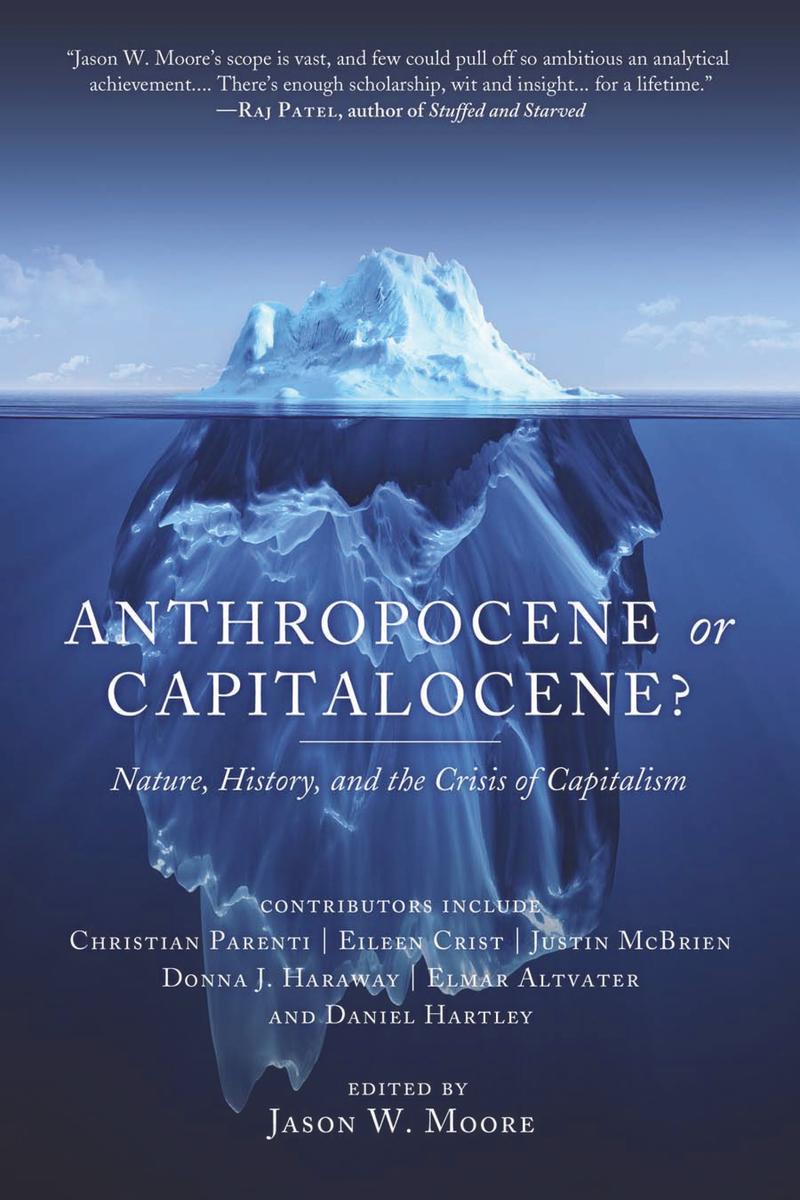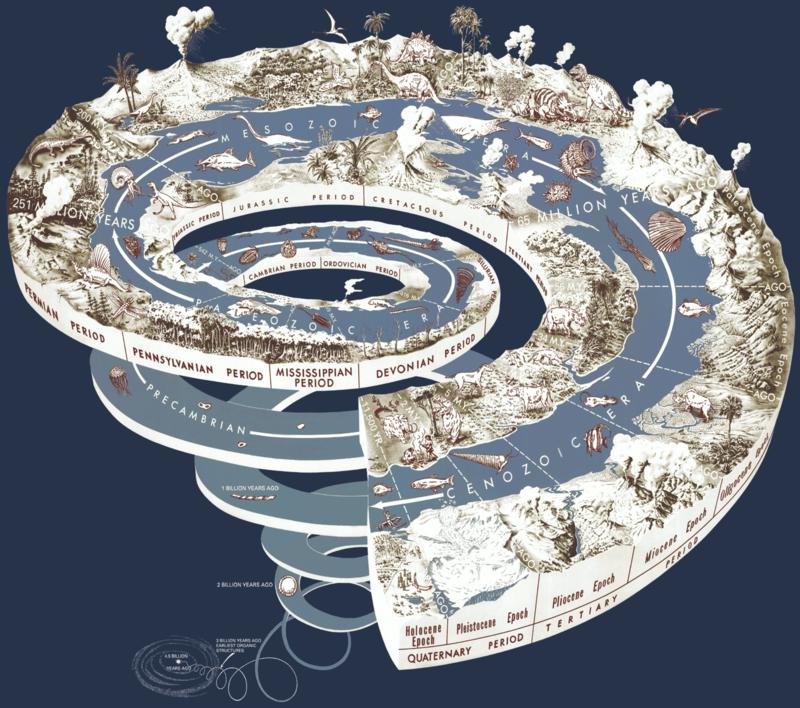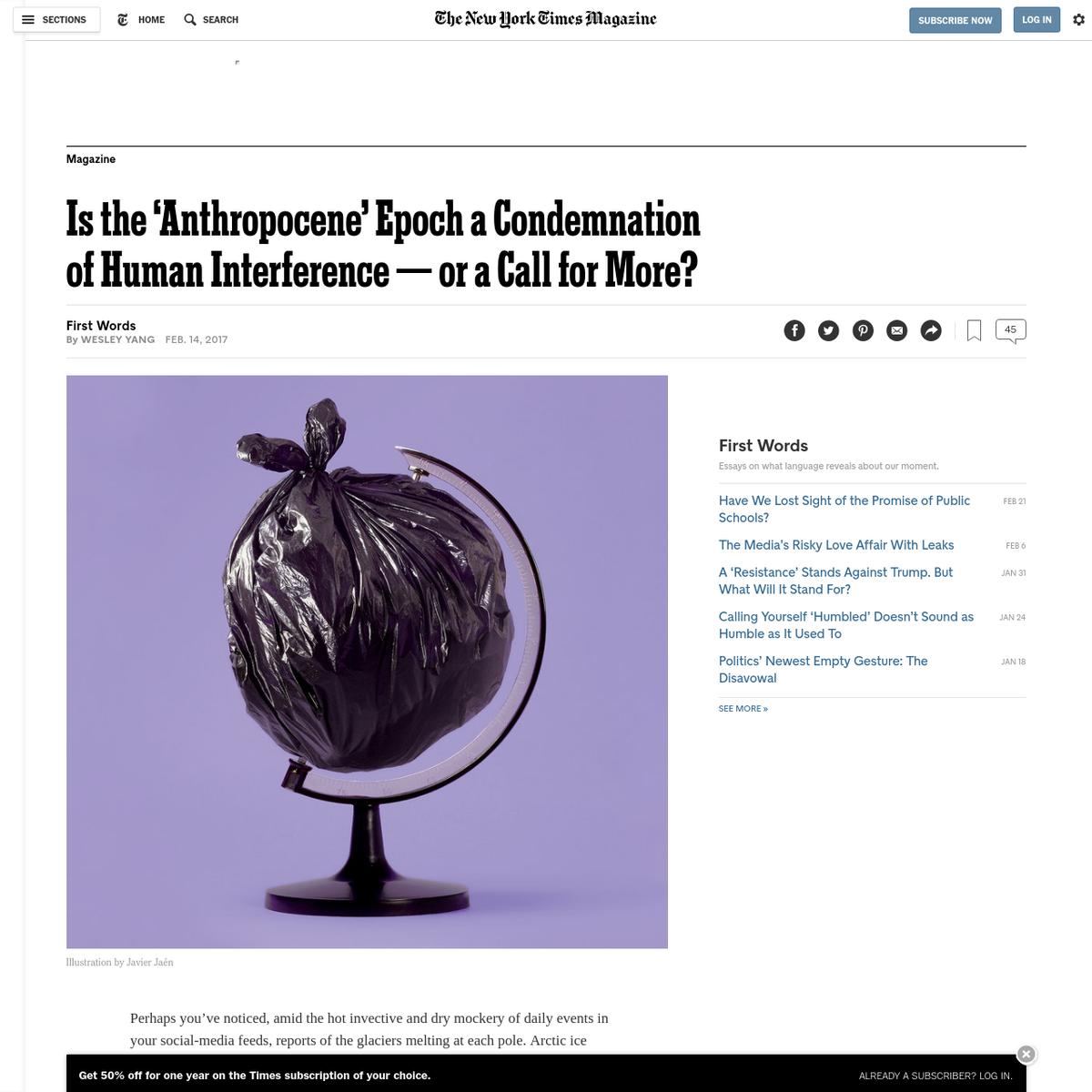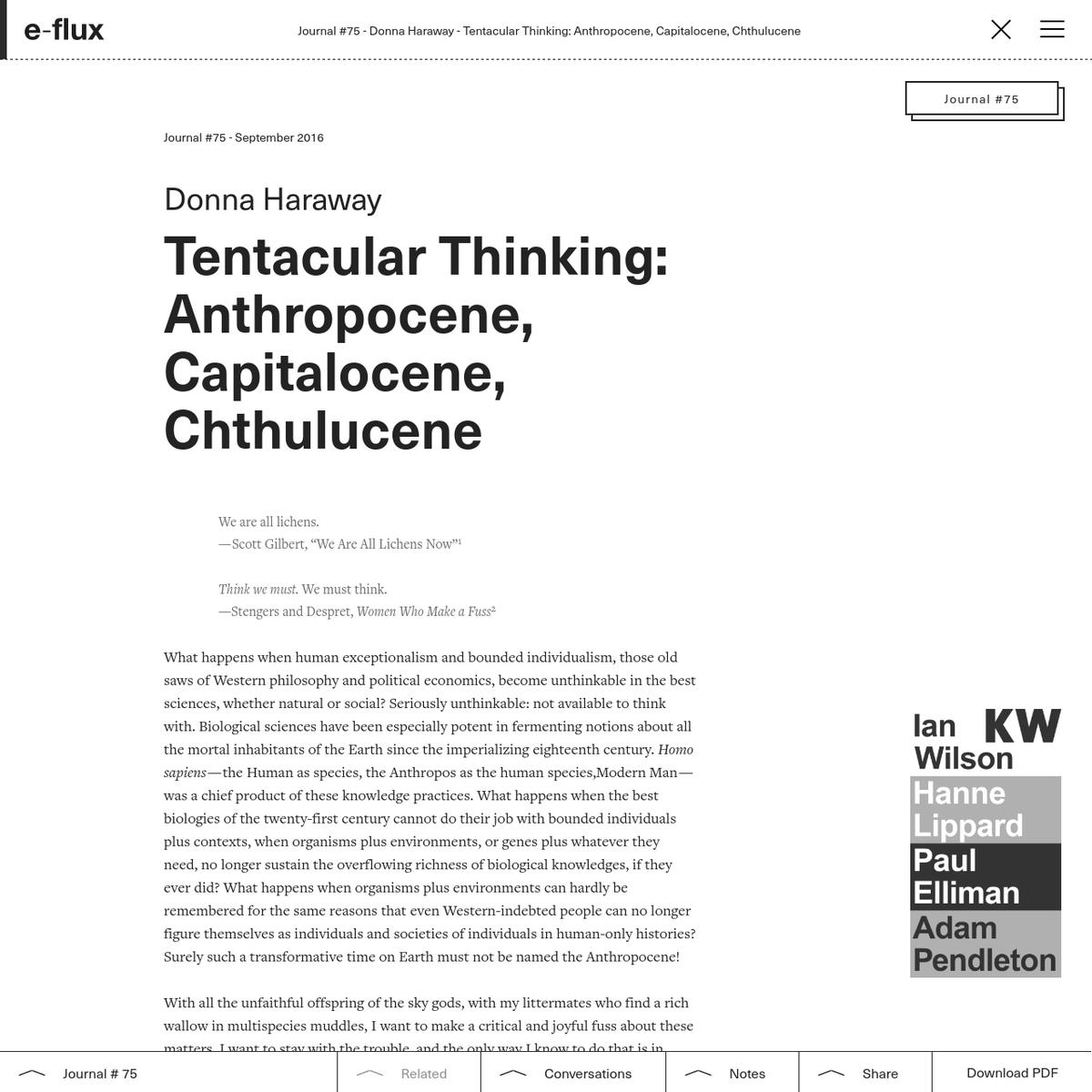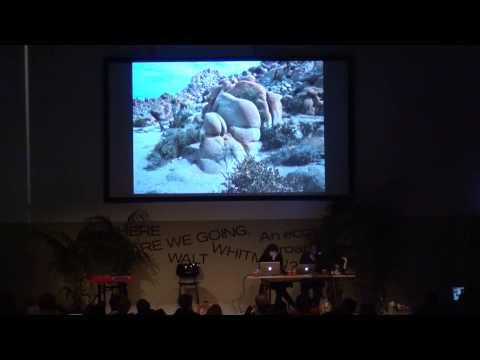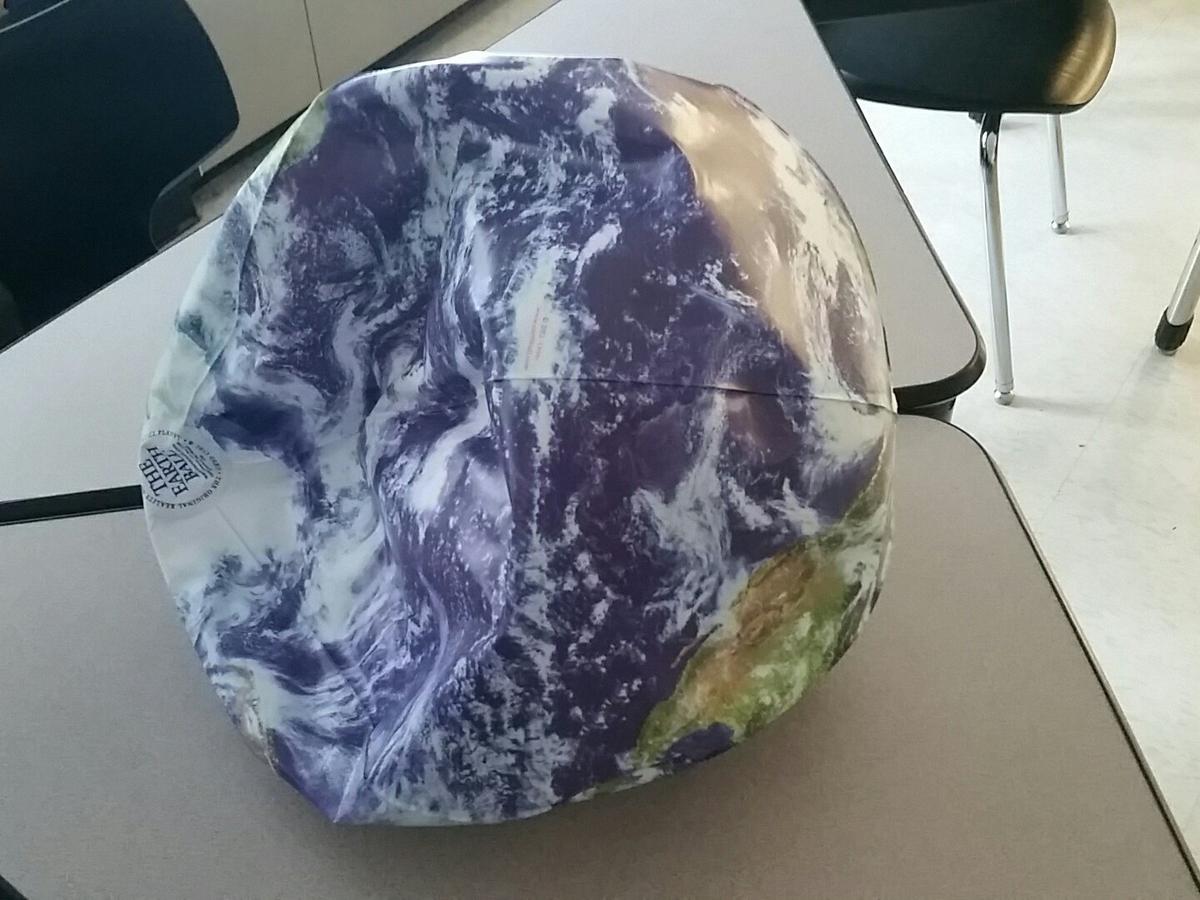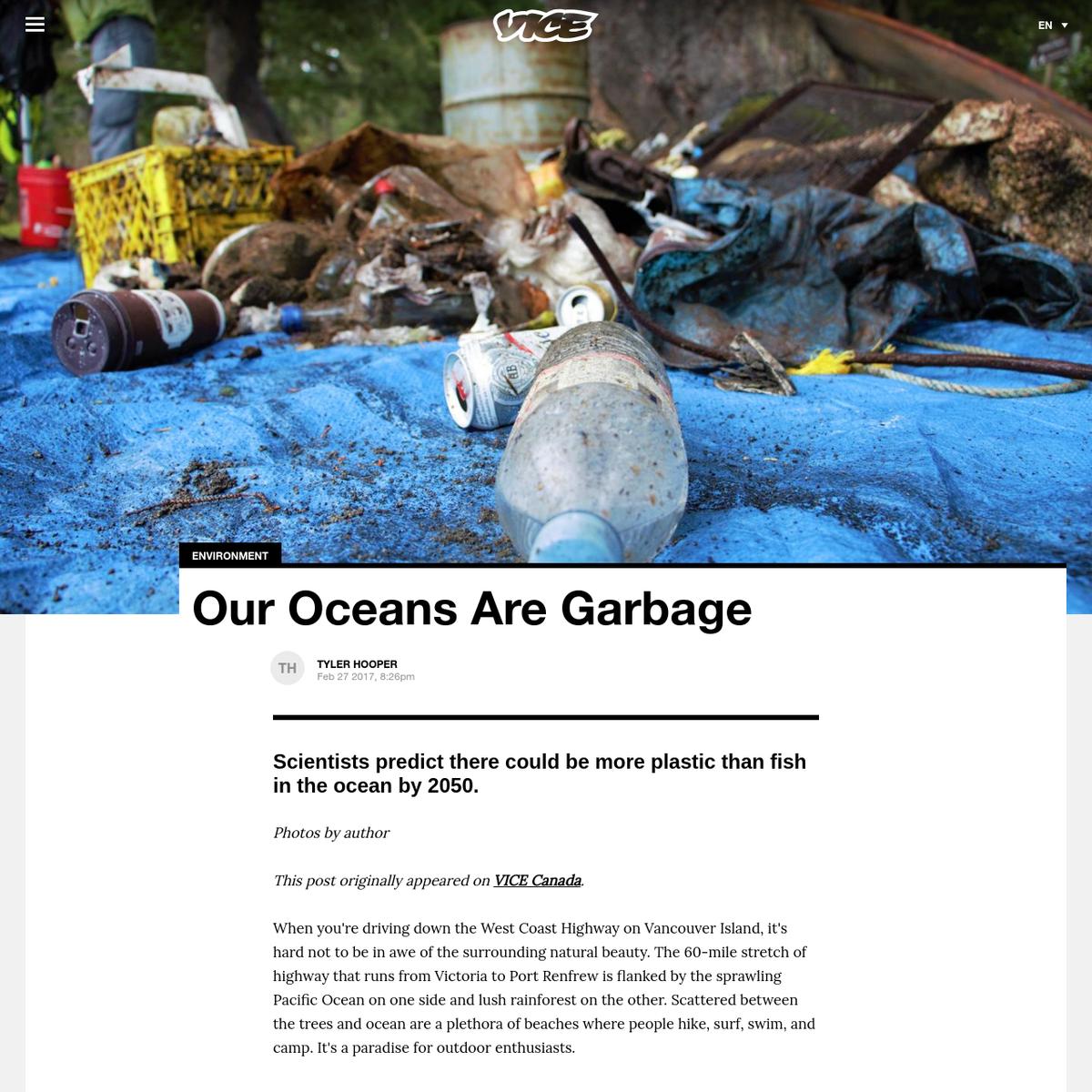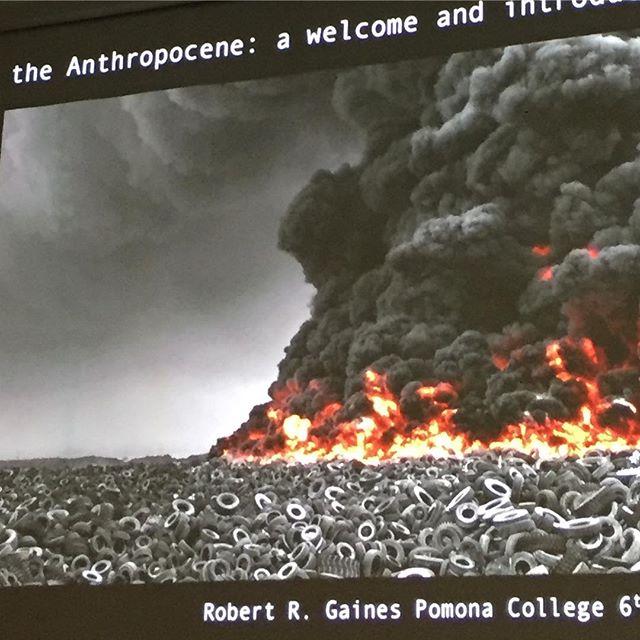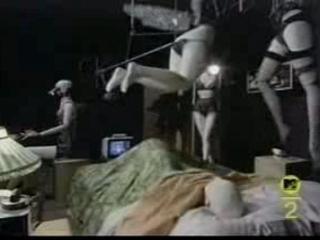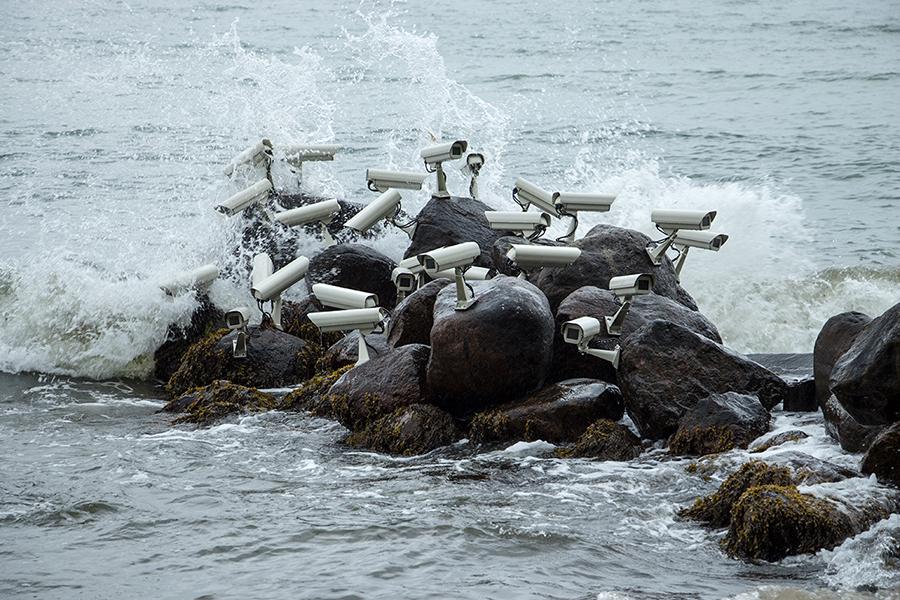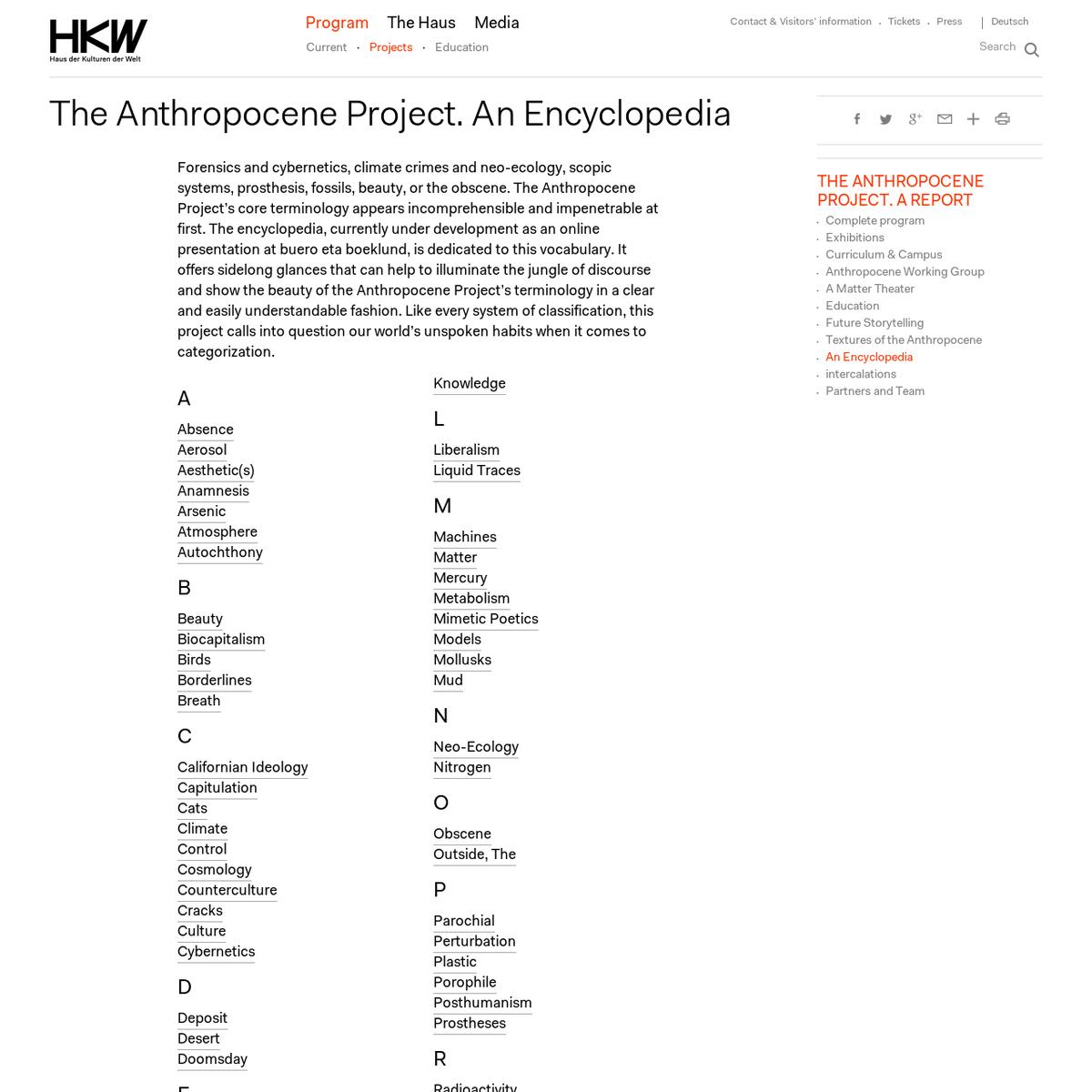syn·site
in Johanna Flato's terms: an ever-evolving conceptual constellation, an entangled situating crystallized from a myriad of fragmented realities. Simultaneity and singularities dance in a swirling waltz of intertwined moments and spaces, each adding to the cacophony and harmony of this complex site. A syn-site is a living, breathing tapestry of the world, constantly rewriting its own narrative, always open to edits, always challenging what we have come to accept as static or fixed. It is a manifestation of a world that is anything but singular or isolated — it is a world that is complex, interwoven, and infinitely entangled.
in Johanna Flato's terms: an ever-evolving conceptual constellation, an entangled situating crystallized from a myriad of fragmented realities. Simultaneity and singularities dance in a swirling waltz of intertwined moments and spaces, each adding to the cacophony and harmony of this complex site. A syn-site is a living, breathing tapestry of the world, constantly rewriting its own narrative, always open to edits, always challenging what we have come to accept as static or fixed. It is a manifestation of a world that is anything but singular or isolated — it is a world that is complex, interwoven, and infinitely entangled.
SYN (along with, at the same time | from Greek SYN, with | ~SYNTHETIC) + SITE (N: point of event, occupied space, internet address; V: to place in position | from Latin SITUS, location, idleness, forgetfulness | ~WEBSITE ¬cite ¬sight), cf. SITE/NON-SITE (from Robert Smithson, A PROVISIONAL THEORY OF NONSITES, 1968)
"Part of the Anthropocene’s appeal was the sound of the word itself: portentous, stately, vaguely Latinate, imbued with a dark majesty. Another part of its appeal was its capaciousness — large enough to swallow the whole planet and everything that lives on it."
— Wesley Yang, NYT Magazine (via https://www.nytimes.com/2017/02/14/magazine/is-the-anthropocene-era-a-condemnation-of-human-interference-or-a-call-for-more.html)
"Part of the Anthropocene’s appeal was the sound of the word itself: portentous, stately, vaguely Latinate, imbued with a dark majesty. Another part of its appeal was its capaciousness — large enough to swallow the whole planet and everything that lives on it."
— Wesley Yang, NYT Magazine (via https://www.nytimes.com/2017/02/14/magazine/is-the-anthropocene-era-a-condemnation-of-human-interference-or-a-call-for-more.html)
"Part of the Anthropocene’s appeal was the sound of the word itself: portentous, stately, vaguely Latinate, imbued with a dark majesty. Another part of its appeal was its capaciousness — large enough to swallow the whole planet and everything that lives on it."
— Wesley Yang, NYT Magazine (via https://www.nytimes.com/2017/02/14/magazine/is-the-anthropocene-era-a-condemnation-of-human-interference-or-a-call-for-more.html)



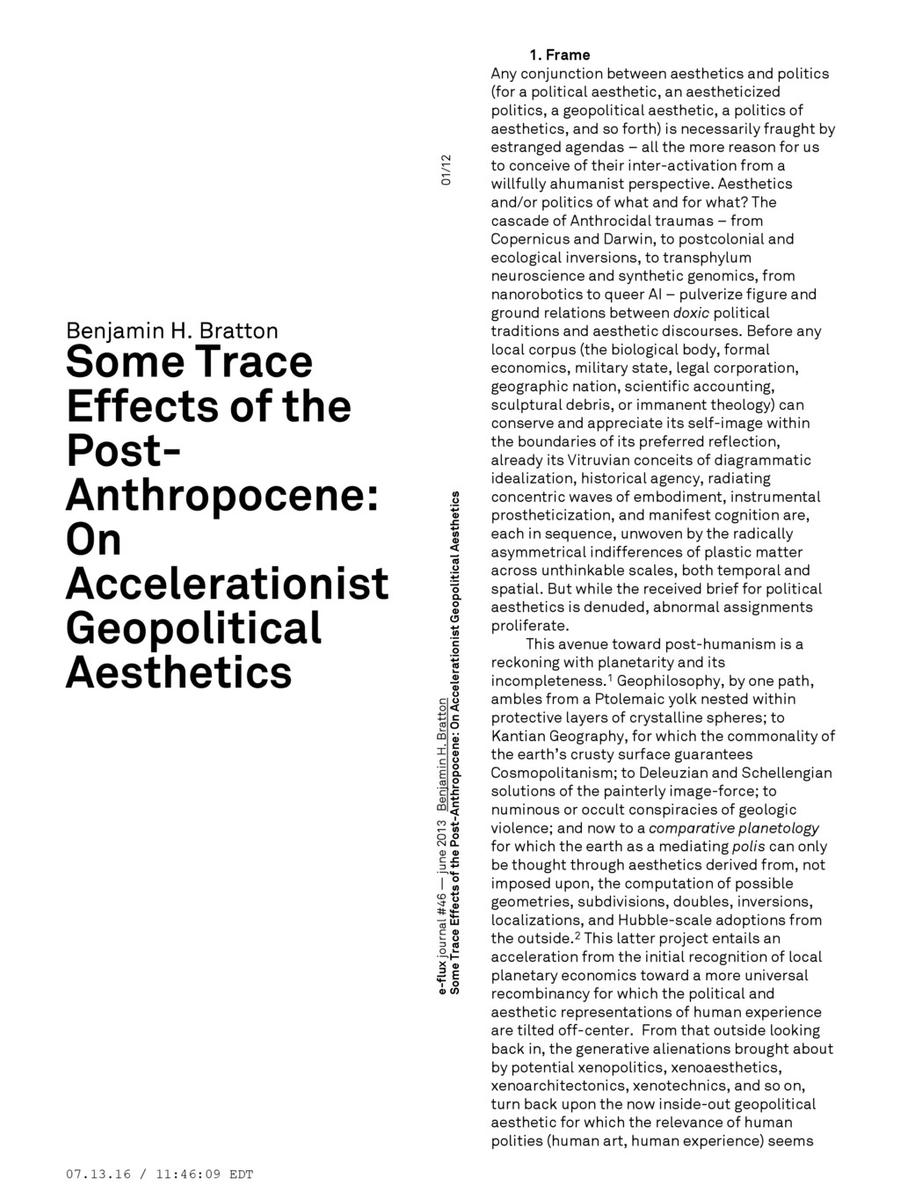


James Bridle on Wexler's warnings about indirect climate change (in the context of aspirational climate control):
"Before going into the details of several proposed weather modification programmers, Wexler gave a stark warning. He cited rising carbon dioxide emissions from industry, and the use of chlorine and bromine in rocket fuel as examples of indirect weather control. This tinkering might result in “rather large-scale effects on general circulation patterns in short or long periods, even approaching that of climatic change. Make no mistake,” he said, “We are in weather control now.”
James Bridle on Wexler's warnings about indirect climate change (in the context of aspirational climate control):
"Before going into the details of several proposed weather modification programmers, Wexler gave a stark warning. He cited rising carbon dioxide emissions from industry, and the use of chlorine and bromine in rocket fuel as examples of indirect weather control. This tinkering might result in “rather large-scale effects on general circulation patterns in short or long periods, even approaching that of climatic change. Make no mistake,” he said, “We are in weather control now.”
James Bridle on Wexler's warnings about indirect climate change (in the context of aspirational climate control):
"Before going into the details of several proposed weather modification programmers, Wexler gave a stark warning. He cited rising carbon dioxide emissions from industry, and the use of chlorine and bromine in rocket fuel as examples of indirect weather control. This tinkering might result in “rather large-scale effects on general circulation patterns in short or long periods, even approaching that of climatic change. Make no mistake,” he said, “We are in weather control now.”



